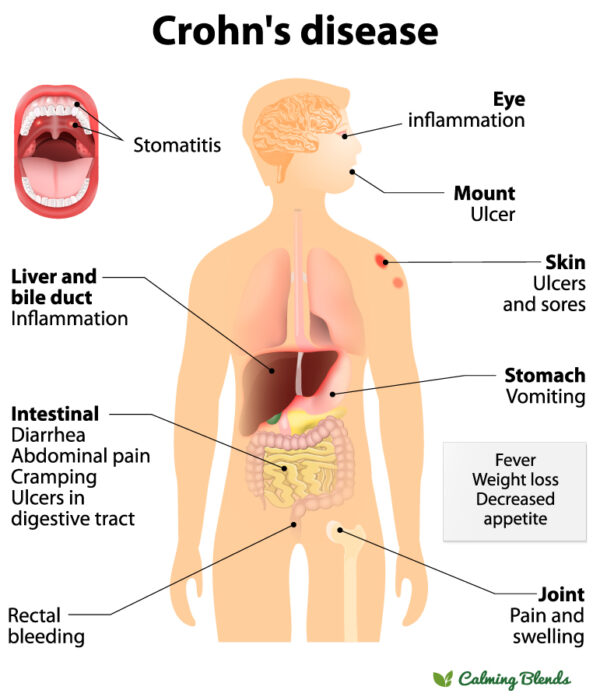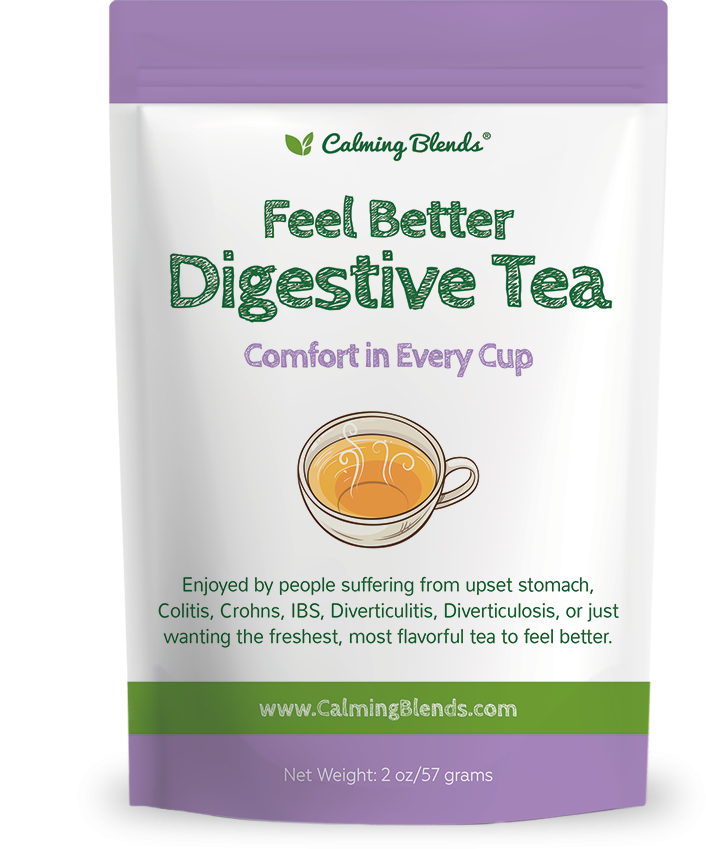 What is Crohn’s Disease?
What is Crohn’s Disease?
Crohn’s disease is classified as an inflammatory bowel disease (IBD). It can cause inflammation of your digestive tract, leading to abdominal pain, severe diarrhea, fatigue, weight loss and malnutrition. Crohn’s disease can involve different areas of the body for different people.
The inflammation caused by Crohn’s disease may spread into the layers of affected bowel tissue. Crohn’s disease can be both painful and debilitating, and sometimes can lead to life-threatening complications.
Currently, there is no set cure for Crohn’s disease, however therapies can greatly diminish its signs and symptoms leading to remission over a long period of time.
Causes of Crohn’s
The cause of Crohn’s disease still remains a mystery. Diet and stress were previously thought as leading to Crohn’s, however medical professionals now believe that diet and stress may aggravate the symptoms, but not necessarily be the cause. Factors such as heredity and immune system deficiencies likely play a role in the development of Crohn’s.
- Immune system. It’s possible that a virus or bacterium may trigger Crohn’s disease. When your immune system tries to fight off the invading microorganism, an abnormal immune response causes the immune system to attack the cells in the digestive tract, too.
- Heredity. Crohn’s is more common in people who have family members with the disease, so genes may play a role in making people more susceptible. However, most people with Crohn’s disease don’t have a family history of the disease.
Symptoms of Crohn’s Disease
When the disease is active, signs and symptoms may include:
- Diarrhea
- Fever
- Fatigue
- Abdominal pain and cramping
- Blood in your stool
- Mouth sores
- Reduced appetite and weight loss
- Pain or drainage near or around the anus due to inflammation from a tunnel into the skin (fistula)
Managing Colitis Symptoms
The good news is that treatments for Crohn’s disease can make a big difference in your quality of life. These treatments may include lifestyle changes to medications, or even surgery in severe cases. The right treatments can reduce symptoms, lengthen remissions, and help you enjoy a happy, productive life.

